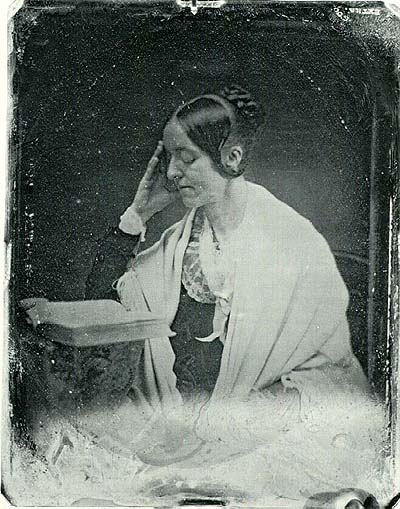
Margaret Fuller is a woman known for her powerful feminist writings and her literary criticism. Born in Cambridgeport, Massachusetts in 1810, she learned to read at the age of three. Her father refused to let her read the feminine books of the time that focused on etiquette and sentiment, setting the groundwork for the women she would become.
After bouncing around between the Boston Lyceum for Young Ladies school and the School for Young ladies in Groton, Fuller left school to study at home at the age of 16. She noticed that she didn’t fit in with the other girls her age, writing that “I have felt that I was not born to the common womanly lot.”
In 1839, Ralph Waldo Emerson reached out to Fuller, his “vivacious friend,” offering her the position of editor for his transcendentalist journal called The Dial. Her two years of experience with this journal gave her a reputation as one of the most important figures of the transcendental movement. Her 1844 book Summer on the Lakes includes her experiences with leading Transcendentalists Fuller met. That same year, she moved to New York and joined Horace Greeley’s New York Tribune as a literary critic.
Time and time again, Fuller defied gender barriers and accepted positions rarely taken by women. She was the first full-time book reviewer in American journalism and became the first female editor at the publication in 1846.
Fuller’s 1845 Women in the Nineteenth Century made great strides with feminist literature. After completing it, she told a friend “I had put a good deal of my true self in it, as if, I suppose I went away now, the measure of my footprint would be left on earth.” And she did just that, writing one of the first pieces of American feminist literature.
When Fuller fell in love with Giovanni Angelo, she settled in Italy and had a son in 1848. Following the Roman revolution in that same year, they left for the United States where their ship ran aground off New York. Their bodies were never found.
Fuller’s career ended abruptly in 1849, but her legacy as an influential feminist and women’s rights activist laid the framework for decades of activism. Her work remains relevant today as 21st century women still push for the social reform Fuller spent her life fighting for.